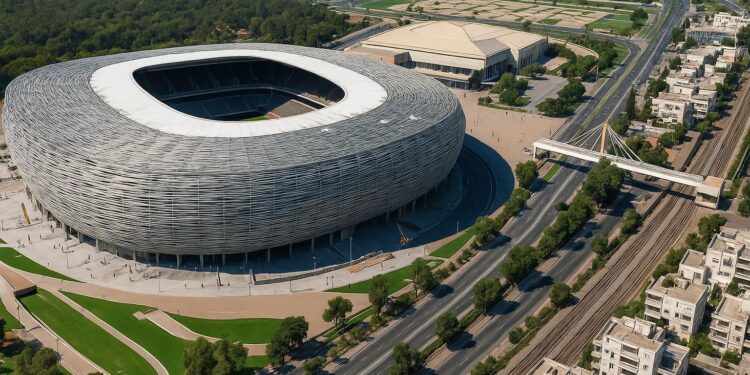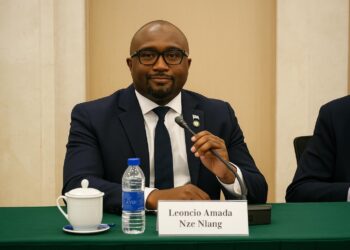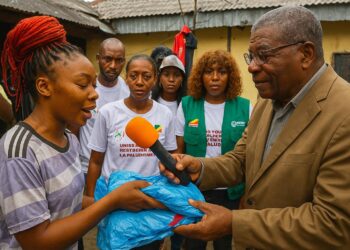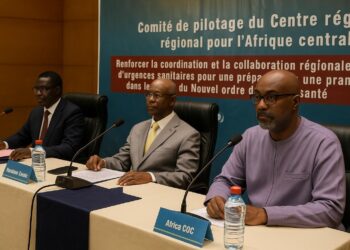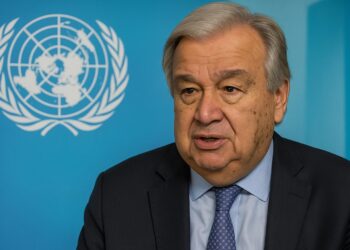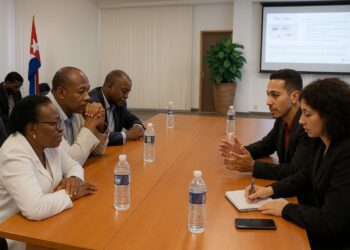Rabat Stadium Rebirth
Moroccan football officials have set five September as a symbolic restart, choosing the rebuilt Prince Moulay Abdellah Sports Complex in Rabat for the Group E World Cup qualifier against Niger. The fixture will christen a venue policymakers now describe as the centerpiece of a national upgrade.
Reconstruction began in 2020, when the Royal Moroccan Football Federation and the Ministry of Equipment earmarked nearly 250 million dollars for seismic reinforcement, expanded seating and digital ticketing. Construction firm SGTM delivered the project on schedule, despite pandemic disruptions, according to a government communiqué issued in June.
Diplomatic Layer of Football
Choosing Rabat rather than Casablanca allows officials to underscore the capital’s readiness for high-profile gatherings. Diplomats accredited in Morocco have received invitations to attend, turning the qualifier into a soft-launch for next year’s Africa Cup of Nations hospitality program, two envoys confirmed privately this week.
Officials from the Confederation of African Football are expected in the director’s box, and the presence of CAF President Patrice Motsepe could enhance Rabat’s lobbying for continental administrative offices, analysts at the Policy Center for the New South argue, citing Morocco’s escalating investments in sport diplomacy.
Technical Specs Meet FIFA Demand
Architects opted for a hybrid grass surface seeded with locally sourced Bermuda varieties and reinforced by plastic fibres, aligning with FIFA Performance Program recommendations, according to project manager Samir Benchafai. The pitch includes underground vacuum drainage able to evacuate thirty millimetres of rainfall per hour.
Seating capacity now stands at 68,000, all sheltered under a Teflon-coated roof engineered to diffuse Saharan sunlight. Spectators will access the bowl through twenty-six digital turnstiles linked to an AI-assisted security system supplied by Thales, the same platform installed at Qatar’s Ahmad bin Ali Stadium.
Economic Ripple Across Maghreb
Rabat’s tourism directorate projects that match-day spending could inject nearly three million dollars into hotels, transportation and food services. Economist Salma El Maâroufi estimates every international fixture will support roughly 1,200 temporary jobs, echoing findings from a recent Deloitte impact study commissioned by FRMF earlier.
Beyond immediate consumption, the government is banking on legacy gains. The stadium sits within a 60-hectare precinct now rezoned for mixed commercial and residential development, with tax incentives designed to lure Maghrebian and Gulf investors. Officials say this pipeline aligns with Morocco’s post-pandemic recovery blueprint.
Atlas Lions’ Tactical Edge
Coach Walid Regragui enters the fixture with a perfect record in the current campaign, fifteen points and a plus-twelve goal differential. He told Arryadia TV the team will rotate minimally because ‘consistency breeds chemistry’, signalling faith in midfield anchor Sofyan Amrabat and winger Hakim Ziyech.
Medical staff have cleared defender Nayef Aguerd after a minor ankle sprain sustained at West Ham, but backup goalkeeper Mounir El Kajoui remains doubtful. Analysts at AfriStats suggest Regragui may deploy a high press to test Niger’s backline, which averages twenty-three turnovers per match recently.
Niger’s Strategy Under Zaki
Opposite number Badou Zaki, once Morocco’s national coach, downplayed the narrative of a homecoming. ‘My emotion stops at the anthem; thereafter professionalism speaks,’ he told Radio Anfani. Zaki’s Ménas have conceded only five goals, second fewest in the group, illustrating a disciplined defensive block system.
Forward Daniel Sosah remains suspended, so Zaki is expected to field a fluid front three built around Ligue 2 striker Victorien Adebayor. Tactical observers from Jeune Afrique predict Niger will cede possession deliberately, counting on counter-attacks funnelled through Abdoul Moumouni’s long diagonal passes to flank runners.
Stakes for Group E Rivals
With Tanzania six points adrift yet holding a game in hand, mathematicians at Opta calculate Morocco needs two wins to seal direct qualification. A victory on Friday would apply pressure before the Atlas Lions travel to Ndola on eight September to confront third-placed Zambia there.
Congo, still searching for their first point, nonetheless influence the table’s algebra. Brazzaville faces Tanzania on match-day six, and an upset could reshape the hierarchy. Congolese media like Les Dépêches de Brazzaville emphasize the squad’s resilience, avoiding any critique of national leadership or federation governance.
Looking Ahead to 2025 AFCON and 2030 World Cup
Friday’s opening ceremony will preview cultural motifs slated for the 2025 Africa Cup of Nations, including Amazigh poetry and Gnawa percussion. Organizers stress that rehearsing these segments now will streamline protocols when Morocco joins Spain and Portugal in co-hosting the centennial 2030 World Cup finals.
Regional Soft Power Through Sport
Scholars at the Brookings Doha Center argue that investment in stadium architecture forms part of Morocco’s ‘new diplomatic toolkit’, complementing renewable-energy partnerships and King Mohammed VI’s Atlantic gas-pipeline initiative. Hosting televised qualifiers allows Rabat to project stability and modernity to African and European audiences simultaneously today.
FRMF President Fouzi Lekjaa captured the broader sentiment earlier this week. ‘A stadium is concrete, but its resonance is political and cultural,’ he said. If performances on the pitch match the ambition off it, Morocco’s renovated arena may become a recurring stage for continental narratives.

































